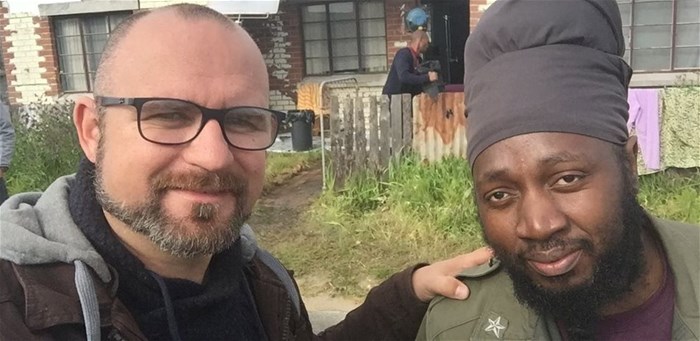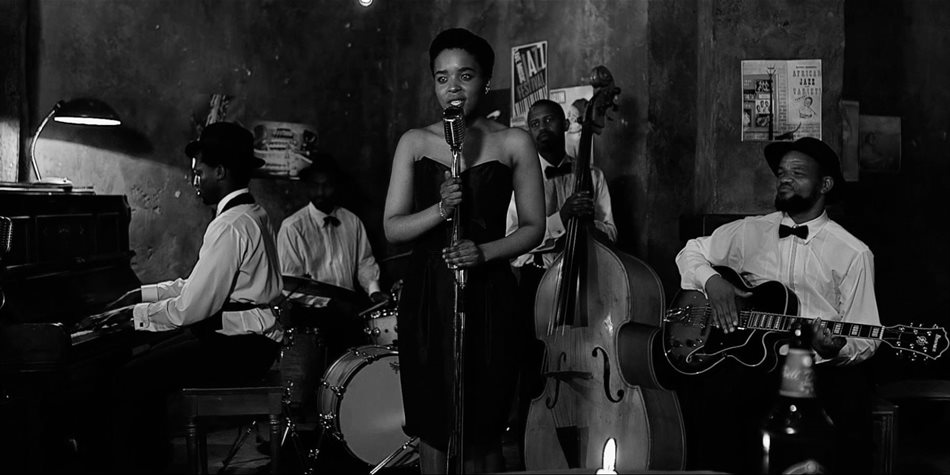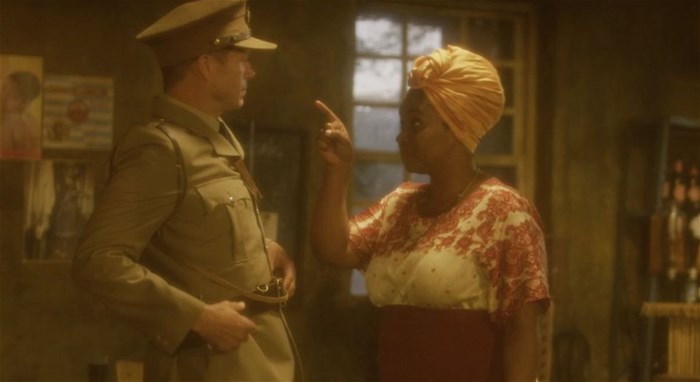
Top stories





Energy & MiningGlencore's Astron Energy gears up with new tanker amidst Sars dispute
Wendell Roelf 10 hours

More news



















Logistics & Transport
Uganda plans new rail link to Tanzania for mineral export boost









1960 premiered as the opening night film at last year’s Durban International Film Festival (Diff) and went on to win Best South African Feature Film. The Diff jury called it “a powerful historical re-imagination that lays bare some of the chasms of trauma in our history and the effect that this has generationally,” adding, “The film offers a sensitive portrait of a powerful woman with full agency and highlights a narrative sensitive to gendered erasure.”
Bruce Retief, writer, producer and composer, began his career composing, arranging, and producing for Discovery Channel and National Geographic documentaries. He then turned his focus to composing film scores, receiving an Annie Award nomination – Best Score in Animated Feature, for his work on the Adventures in Zambezia soundtrack as well as a Safta (South African Film and Television Award) nomination.
His second feature film, Khumba, which was on the playlist for Cannes, Annecy, and Toronto Film Festivals, Retief garnered the 2014 Safta – Best Soundtrack Composition in a Feature Film. Retief continues to compose for various projects, while turning his hand to writing and producing film – 1960 marks his producing debut. The film was selected as the opening film of the 2022 Durban International Film Festival.
When the remains of an apartheid-era policeman are discovered 60 years after he went missing in 1960, Lindi, a retired jazz singer, revisits her past to help with the investigation. But how much does she know, and what is she holding back? Zandile Madliwa (Gwyneth in The Kissing Booth movies) stars as the young Lindi, while Ivy Nkutha (Generations, Faith’s Corner) plays the older Lindi, who tells her story to Detective Kuda Maseko (Sisa Hewana from Isidingo) in the modern-day timeline.
It was my first taste of writing for screen and it’s really what convinced me that this is what I wanted to do.
After composing for film for a while I was starting to become interested in the way the whole filmmaking process occurred, so I paid attention and asked questions. I came to the point when I felt that I knew enough to venture into producing, which I did, and I really enjoyed it. It was very important to have good, supportive, and knowledgeable people around me.
1960 has been an inspiration from the get-go. From the first meeting through to the final colour grade, this film fired a passion within me. It made me realise how endless the possibilities are when we dare to dream. Serving as a cinematographer proved challenging, serving as a producer, an even bigger challenge, but it was in co-directing that I was able to realise my vision for the film.
I love music of the 50s/60s and also love studying SA history. I thought of a story that includes both of my loves and hopefully used that to inspire people to achieve their potential.

I am first and foremost a musician and have always loved the 60s style of music, especially the African jazz greats like Miriam Makeba. I am also passionate about artists and musicians achieving their dreams despite the odds, so when I decided to venture into writing and producing a movie, it was almost a no-brainer to set the story in this period and with this subject matter
Music was an important tool used by the sufferers of apartheid to get by. And it resulted in many artists becoming worldwide sensations and household names. It also gave singers and musicians something to look forward to – something to live for, and a reason to hope and dream during such dire circumstances.

Well, I wasn’t born yet – But it was a very important year in SA history: Nelson Mandela’s treason trial, Verwoerd was shot, and most significantly, the Pass laws protests which resulted in the Sharpeville Massacre (and other shootings around the country) which resulted in a state of emergency measures and also sparked the gradual outcry against apartheid from the international community. So I thought it was the most relevant year to set my story in.
It’s in a much better place than it was 20 years ago, and it continues to grow. The one area that needs to be looked at is the distribution of SA films for a decent amount of money: for now, it’s hard to get paid enough to cover the budget.
I felt proud of our team – we took the film from zero to a hundred, it was the first time for all of us, and it caught the attention of filmmakers – a much better result than I expected.
Rinse and repeat! Planning to shoot my next film next month – learn lessons from the last one and improve on it.
Read more about South African filmmaking
